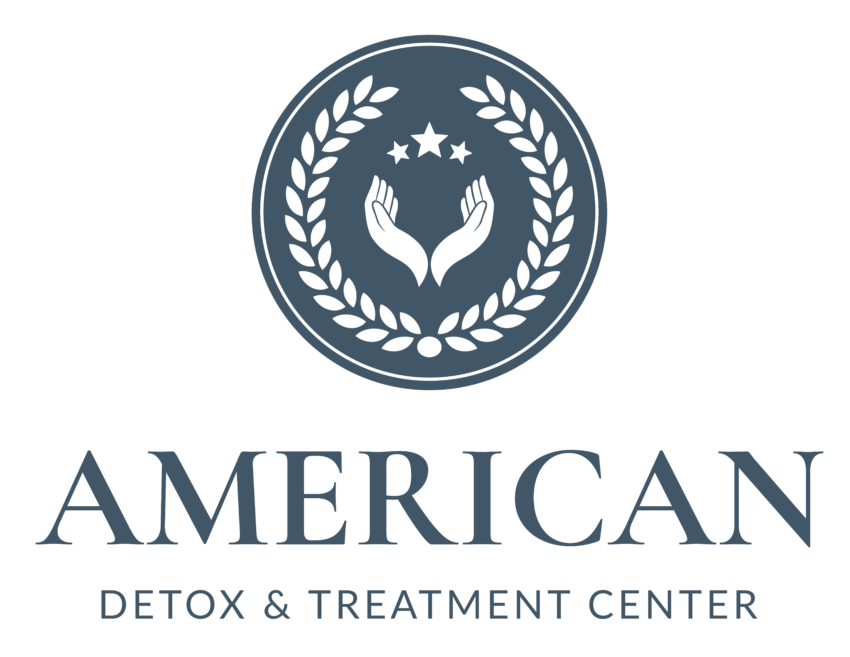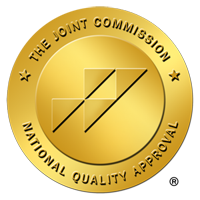Borderline Personality Disorder (BPD) and Post-Traumatic Stress Disorder (PTSD) frequently co-occur, with studies showing that up to half of those with BPD also meet criteria for PTSD, and vice versa. Both conditions share symptoms such as impulsivity, relationship difficulties, and emotional dysregulation, often rooted in trauma, which can complicate diagnosis when they present together. Effective treatment addresses both disorders simultaneously—combining trauma-informed psychotherapy for PTSD with therapies like Dialectical Behavior Therapy (DBT) and Cognitive Behavioral Therapy (CBT) to build emotional regulation and mindfulness skills for BPD. Medication may be added to manage co-occurring anxiety or depression, but psychotherapy remains the cornerstone of care. For individuals with severe symptoms or concurrent addiction, residential treatment programs offer intensive support through round-the-clock supervision, individual and group therapy, and specialized tracks for populations like first responders and military veterans.
Can You Have BPD and PTSD at the Same Time?
Yes, it is possible to have borderline personality disorder and post-traumatic stress disorder at the same time. In fact, research indicates that there is a high overlap between the two in terms of their symptoms and a high comorbidity.
Both BPD and PTSD can be triggered by trauma, and some studies indicate that up to half of those with BPD have PTSD, while one-quarter of those with PTSD have BPD.
The symptoms for both can regularly present in the form of impulsivity, problems with relationships, and issues with emotional regulation. This overlap can make it difficult to recognize when both conditions exist at the same time.
Treatment for BPD and PTSD
Treating both conditions at the same time is one of the best ways to ensure you get the care you need. If you only treat one condition, the other can continue to be a trigger for the symptoms.
The most highly recommended form of care involves psychotherapy and medication. At our treatment center, we combine approaches like trauma-informed care to help with PTSD and cognitive behavioral therapy or dialectical behavioral therapy to help build emotional regulation and mindfulness skills. DBT is often the best course of action for BPD and can be adapted for PTSD as well.
There may be a need for medication to manage certain symptoms that can co-occur with both conditions, like anxiety or depression, and this is best used in conjunction with psychotherapy as your primary form of care.
When to Consider Residential Care
If you need help for BPD and PTSD, you might need full-time supervision or the ability to focus exclusively on your recovery. That’s where our residential programs come into play.
For some individuals with severe symptoms or those who are also struggling with an underlying addiction, residential programs can provide the best way to access individual and group therapy while collaborating with qualified professionals.
If you are struggling with PTSD and BPD, our team can provide comprehensive residential treatment. With special programs for First Responders and military veterans, American Detox and Treatment is here.
Call today at 1-877-834-0775 to learn more.
FAQs
Can You Have BPD and PTSD at the Same Time and Not Know It?
Yes. Unfortunately, given the overlap in symptoms, it is not uncommon for people to be misdiagnosed with one condition over the other or to have both conditions and not realize it. When you reach out to our team, we will help you find the right level of care for the right diagnosis.
Is BPD Genetic?
Most scientists agree that borderline personality disorder does have a genetic component, but there are other factors, like changes to the brain during childhood, that can contribute to developing BPD.
What Causes PTSD?
PTSD can be caused by traumatic events, things that happen to you, happened to a close loved one, or things that you witness. First Responders and military veterans can be at higher risk for developing PTSD because of exposure to things like violence, natural disasters, car accidents, assault, and injuries.
Can You Cure BPD and PTSD?
Today, treatment has a much better long-term prognosis for BPD, especially if you learn to reduce things like emotional vulnerability through relaxation techniques and proper nutrition, mindfully redirecting yourself to control negative thought patterns, and developing coping skills. PTSD can be successfully treated, and in fact, treatment of PTSD can help with the prognosis for BPD if traumatic experiences contribute to the condition.
Can You Treat BPD and PTSD at the Same Time?
Yes, you can. Many of the therapies and holistic modalities used to treat both conditions can support and overlap with one another, particularly things like dialectical behavioral therapy and cognitive behavioral therapy, as well as medication.
When you come to American Detox and Treatment for your residential program, we can provide services for trauma-informed care that can contribute to improved focus for BPD treatment, too.
How Does DBT Help BPD and PTSD?
Dialectical behavioral therapy is the most common form of treatment for borderline personality disorder. It works by helping you learn to control your emotions and to be more aware of your emotional state and the situations that might have caused them. It can also help reduce self-destructive or impulsive behaviors and aid relationships by improving communication. All of these features can be successfully adapted to treat both conditions.
Do I Need Medication for BPD?
The primary form of treatment for borderline personality disorder and PTSD is therapy. That said, medications can be prescribed in addition to your therapy to try and control specific symptoms like depression, anxiety, or mood swings. Our team will conduct an initial evaluation to determine whether medication can help you overcome certain symptoms so that you are better able to focus on the things you are learning in therapy.
What are the Signs of BPD and PTSD?
Borderline personality disorder can manifest with symptoms of intense mood swings and being unsure of how to perceive yourself or others. With problems controlling emotions, you are more likely to be impulsive, have difficulty with relationships, and see a change in your interests from moment to moment. This can make it hard to know who you are, love yourself or others, and feel satisfied with your life, as mood swings can last anywhere from a few hours to a few days.
PTSD symptoms can include problems focusing, nightmares, flashbacks, anxiety, issues sleeping, engaging in reckless behavior, and frequent stress.
Can PTSD Lead to Other Mental Health Conditions?
If left untreated, PTSD can result in the development of secondary mental health conditions like depression or anxiety. It can also lead to a higher risk of addiction, where individuals try to self-medicate with drugs and alcohol. That is why it’s so important to find the right treatment center, especially if you are struggling with PTSD and BPD.



